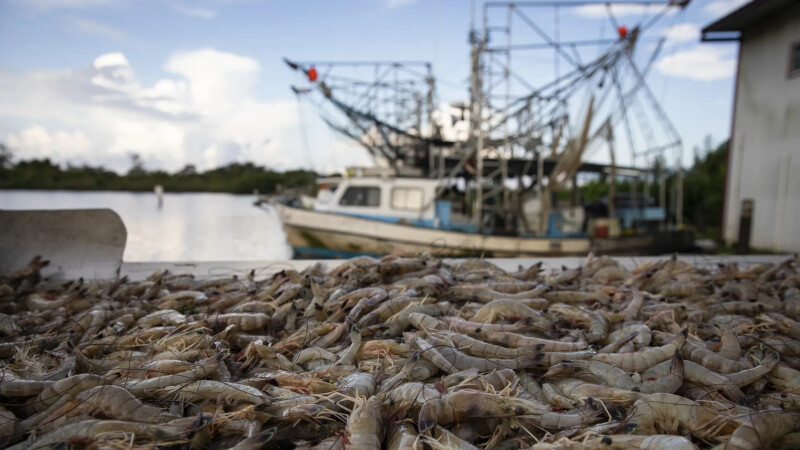Despite mounting public pressure and a state labeling law enacted last year, shrimp mislabeling remains rampant in Gulf Shores, Alabama.
A new investigation from SeaD Consulting reveals that 43 percent of sampled restaurants are still serving imported, farm-raised shrimp while marketing it as Gulf wild-caught.
The study, commissioned by the Southern Shrimp Alliance (SSA), comes just months after genetic testing at the 2024 National Shrimp Festival found that four out of five vendors were deceptively selling imported shrimp. SeaD’s latest round of testing, conducted from March 23-27, 2025, analyzed shrimp served at 44 restaurants across Gulf Shores, Orange Beach, and Foley.
According to the report, 25 restaurants, including all seven local “boil houses,” passed the test, serving authentic wild-caught Gulf shrimp. The remaining 19 establishments, however, were flagged for misrepresentation. SeaD used its proprietary RIGHTTest ™ genetic tool to accurately determine shrimp origin.
Ernie Anderson, president of the Organized Seafood Association of Alabama, didn’t hold back his frustration. “It’s disheartening to see both festival vendors and local restaurants misleading consumers,” Anderson said. “Our shrimpers work tirelessly to provide high-quality, sustainable seafood. When establishments misrepresent their offerings, it undermines our industry and deceives the public.”
John Williams, executive director of the SSA, emphasized the broader implications of the fraud. “The U.S. shrimp industry is facing a crisis,” he said. “Many of our competitors farm-raise their shrimp using forced labor, banned antibiotics, and billions in development subsidies. Meanwhile, American fishermen are harvesting premium-quality shrimp in our own waters- and struggling to get it onto local plates.”
Alabama’s 2024 Seafood Labeling Law was designed to combat these very issues by requiring clear menu disclosure on shrimp origin and production methods. But with enforcement left to the state’s Department of Public Health, follow-through has proven inconsistent. Offending restaurants will now receive formal notifications from SeaD and SSA, and follow-up testing is planned to monitor compliance.
David Williams of SeaD said the recent announcement of federal tariffs may help. “The tariffs have made consumers more aware of where their shrimp originate,” he said. “Consumers seeking sustainable, locally caught shrimp need seafood sourcing transparency. The only way to know for certain is through genetic testing across the supply chain.”
SeaD also released the names of the 25 restaurants that passed their most recent audit, including Gulf Shores favorites like Acme Oyster House, De Soto’s Seafood Kitchen, and King Neptune’s. All seven boil houses—a traditional seafood market where customers select raw shrimp to be steamed on site—were found to be upholding their commitment to serving wild-caught Gulf product.
As the National Shrimp Festival prepares to return this October with requirement that vendors serve only domestic wild-caught shrimp, questions remain about how organizers plan to enforce that rule. SSA has urged using RIGHTTest on-site during the event and is awaiting a formal response.
For now, SeaD is urging both residents and visitors to ask questions when ordering shrimp: Where is it from? Is it wild or farm-raised? Can the restaurant show the box?
Because when it comes to preserving Gulf Coast seafood heritage, transparency might be the most essential ingredient.







